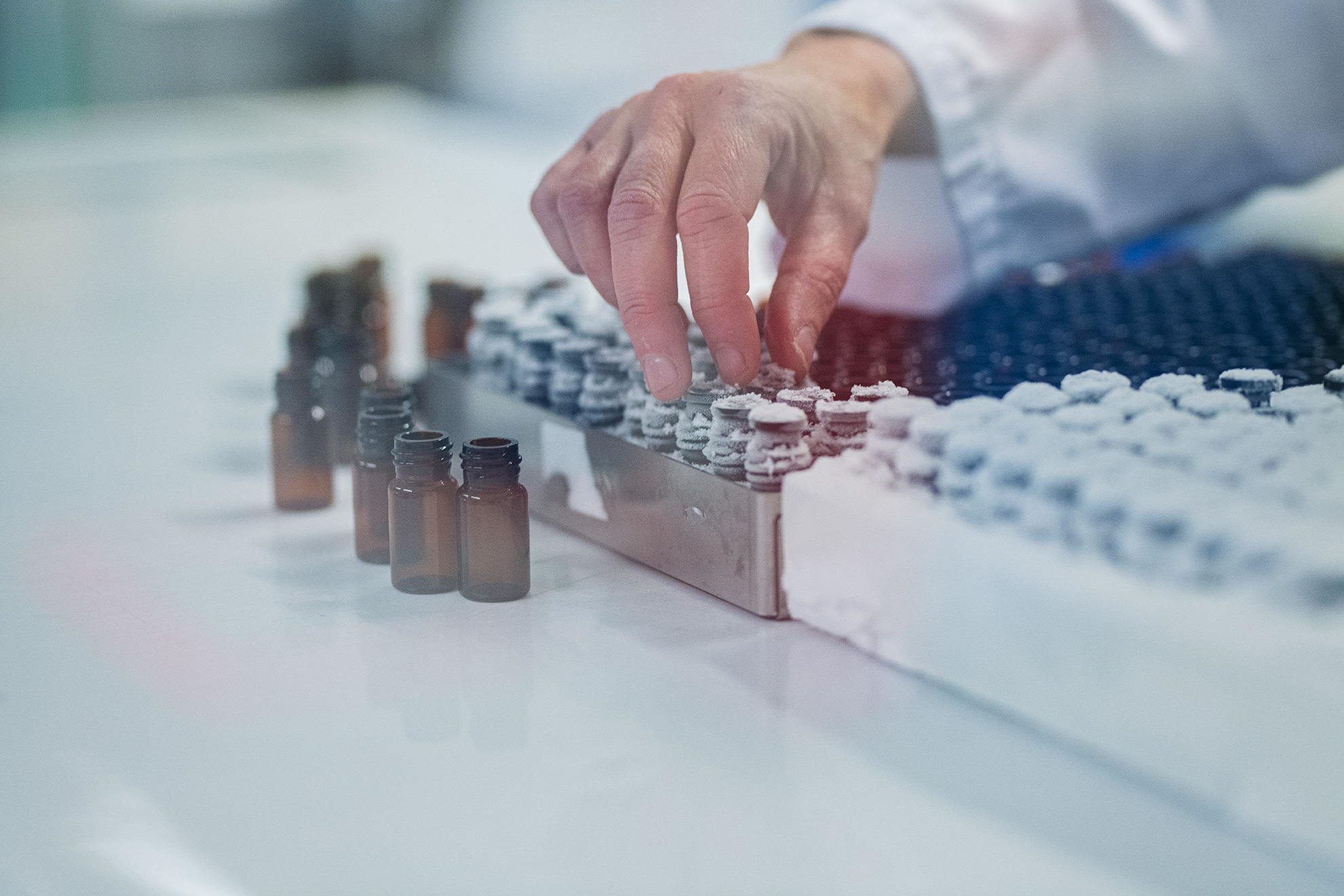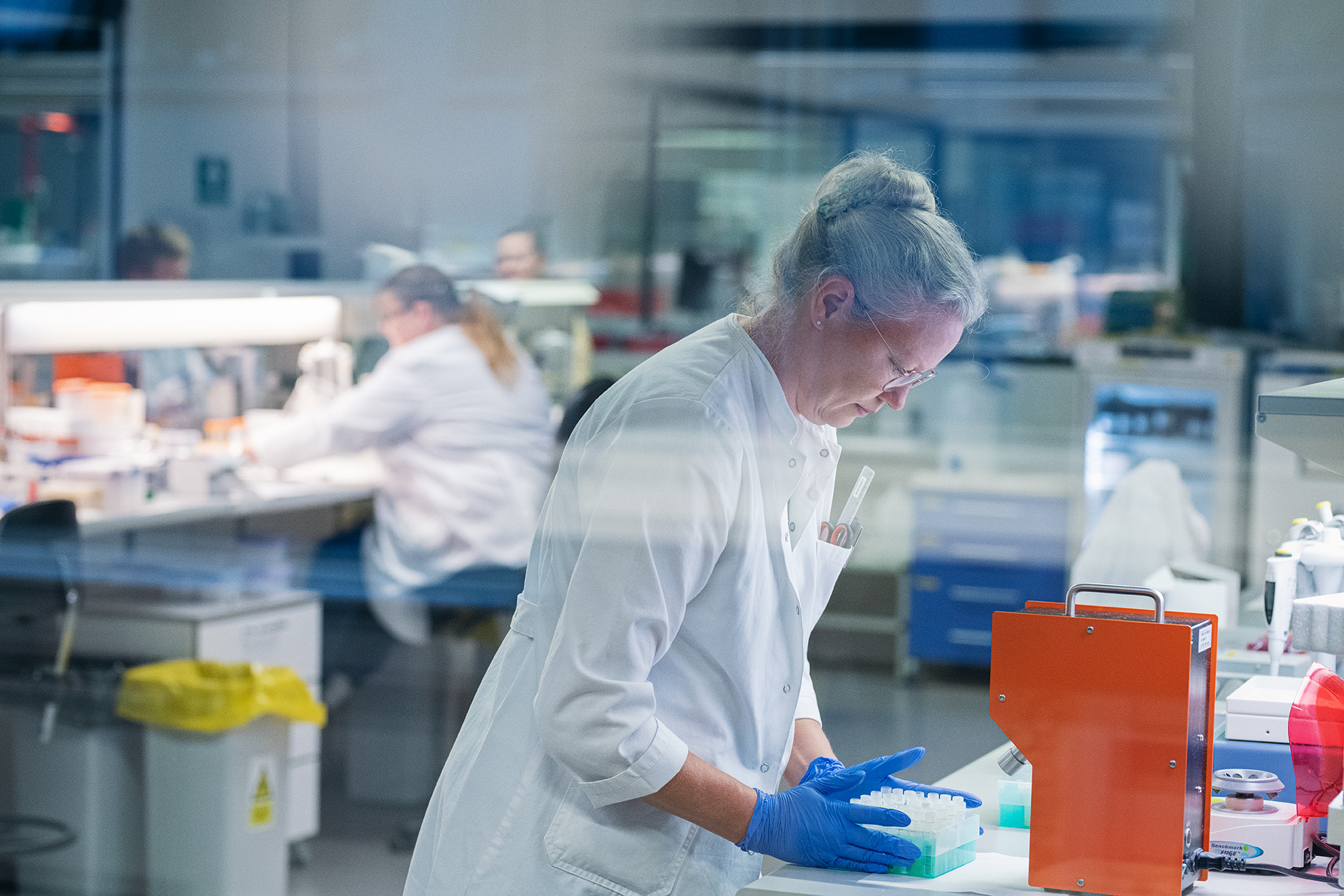Accelerated Type VII collagen turnover in systemic sclerosis patients, reflected by serological neo-epitope fragment biomarkers.
March 19, 2025
Abstract
BACKGROUND
Systemic sclerosis (SSc) is a rare autoimmune disease characterized by microvasculopathy, autoantibody production, and fibrosis of the skin and internal organs. Disrupted collagen turnover in SSc leads to excessive collagen accumulation, but the remodeling of type VII collagen, a key component of the skin’s basement membrane, is not well understood. This study investigates type VII collagen turnover in SSc by measuring serum levels of its formation (PRO-C7) and degradation (C7M) biomarkers and characterizing their association with other ECM biomarkers and clinical manifestations.
METHODS
An automated immunoassay, PRO-C7, was developed to quantify type VII collagen formation. Additionally, C7M, along with type III, IV, and VI collagen turnover biomarkers, were analyzed in a post-hoc study of SSc patients. The normality of all variables of interest was assessed using the Shapiro-Wilk test. Spearman’s correlation and Welch’s T-testtests were used to assess associations and differences in biomarker levels between SSc patients and healthy controls. A linear regression model was used to assess the relationship between biomarker levels and the modified Rodnan skin score (mRSS).To control the type I errors in multiple comparisons, the Bonferroni Correction was applied to adjust the significance levels.
RESULTS
Results showed significantly elevated levels of type VII and VI collagen turnover biomarkers in SSc patients and controls. PRO-C3 and PRO-C6 levels were significantly correlated with mRSS score (R = 0.156, p = 0.0004; R = 0.222, p < 0.0001 respectively), while PRO-C7 and C7M were not. Moderate but significant correlations were observed between both PRO-C7 and C7M with C-reactive protein and Erythrocytes sedimentation rate, respectively (ρ = 0.39, p = 0.0006; ρ = 0.24 p = 0.045 for PRO-C7; ρ = 0.31, p = 0.0076; ρ = 0.28, p = 0.014 for C7M). C7M showed a significant correlation with type III, type IV, type VI collagen formation and degradation biomarkers, while PRO-C7 correlated significantly only with PRO-C6 and C6M. Furthermore, C7M levels were higher in SSc patients with renal dysfunction, and elevated PRO-C7 levels were associated with anti-dsDNA, while lower PRO-C7 levels were linked to capillary abnormalities in SSc.
CONCLUSIONS
In conclusion, PRO-C7 and C7M, reflecting type VII collagen turnover, show promise as new serological biomarkers for SSc.



